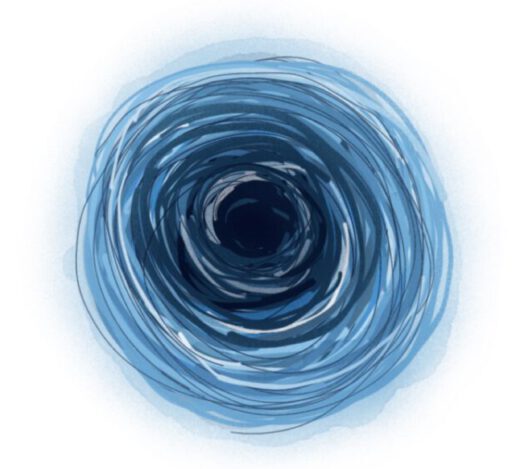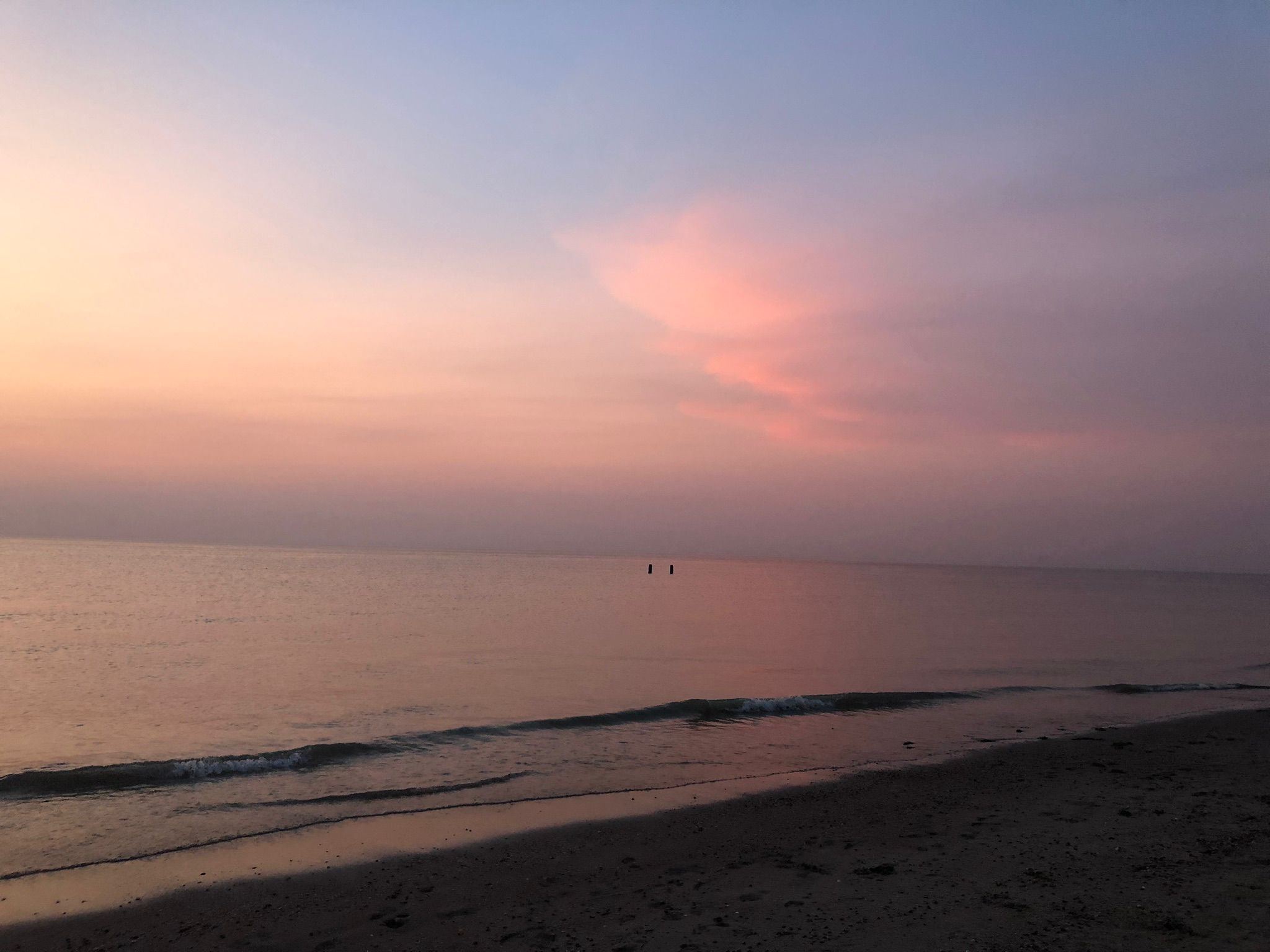On this page I will explain what my research entails and what my aims are, what I want to incorporate and how I am hoping to tackle this. As the due date of my thesis lies in May 2024, I am still mostly focusing on planning and conducting interviews and collecting material.
Why this research?
What if Zeeland needs to give back land to the sea?
Either voluntarily or forced, this will be the scenario that is facing us. It is no secret that the effects of climate change are already visible and only will continue to grow in the coming years. Especially islands are forced to think about how they will tackle the already rising sea-levels. Although Zeeland has few official islands left, the province still has a long coastline, consists for 40% out of water and has land that lies below sea-level. Enough reasons for Zeeland to be marked as a risk area. It is not the question if Zeeland is going to be flooded in the upcoming ages, but rather when.
Often said is that ’the battle against the water’ and ‘Luctor et Emergo’ is in the DNA of the people in Zeeland. Water runs through their veins and their lives are intertwined with it. From the very beginning when people started residing in Zeeland, they had to face the water. They got flooded, built their houses on ‘vliedbergen’ and got flooded again. Slowly, dikes and polders were made to make life with the sea and elements more comfortable. This is how Zeeland was built and forms the identity of the province, but how will those people feel if this culture or identity slowly has to be pushed away by giving back the hard-earned land? And does this identity still play any part at all? What role do emotions relating to water play in this scenario and how can we make sure we can accept we have to say goodbye to the land we so love?
Research question
These and other questions I will try to answer in my master thesis: The Push and Pull of the Ooster -and Westerschelde, a (hi)story of how ‘Zeeuwse’ emotional connectedness to the sea influences the sustainable future of Zeeland. The time frame for this research is one study year (two semesters full-time) in which I am being supervised through the University of Uppsala. The main question in my study will be: How does the emotional connectedness of ‘Zeeuwen’ with the sea affect climate adaptation in the future of Zeeland?. A main focus will be given to ‘polderen’, ‘ontpolderen’ and building with nature and how this practice of ‘winning’ and ‘losing’ land from the sea is perceived emotionally by the people in Zeeland. Furthermore, the story of emotional connectedness cannot be told without the history of the ‘Zeeuwse’ emotional connection with the sea, which will form a pivotal part in the research. The text will be divided chronologically into three main sections: the past, the now and the future.
Later in the process, I would like to attempt a more narrative style study in which theory, method, interview and analysis is explained according to a story rather than sections. In this way theory, method and interviews will be intertwined into one flowing story, similar to water. Connecting to this, is that I deem poems, art and other creative forms of expression in my thesis as important, since they can portray emotions of a particular timeframe well.
The past
The historical context will include an archival-based narrative of ‘polderen’ and the cultivation of land in Zeeland. The connection with water will remain to be highlighted through the analysis of how the landscape, and therefore its people, have been shaped by the push and pull of the Ooster -and Westerschelde during this process. Whilst ‘poldering’ will be the main focus, I will also try to (briefly) include sea-practices that have been impactful in shaping the emotions of Zeeland such as the ‘Golden’ age. Furthermore, it will also include main historical events that have shaped the emotional connection to water in Zeeland with as main element the Flood of ’53.
An overarching theme in this historical context is also the shrinking of space and time which often has happened on islands due to globalization and modernity. An interesting element in Zeeland relating to this concept is the build of the Delta works, which suddenly connected islands together and made the province less isolated to the rest of the country. Besides this, it also made sure that the connection to water in Zeeland became less significant because people did not have to make use of boats as often. This, and other concepts, will be included in the historical chapter as well.
This section will also be partly shaped by what is discussed in the interviews of ’the now’.
The now
The main feature for the ‘now’ part of my thesis will be based on in-depth interviews with people in Zeeland. Although I am suspecting the conversations in the interviews will relate back to the past chapter as well (memories of the Flood of ’53, Deltaworks), this part will really try to tell the stories of people who relate themselves to the water in one way or another. I do not have specific requirements, other than that people should be above 18 years old and have to live in Zeeland. Nevertheless, I am aiming to at least speak to farmers, fishermen (or women), someone between 18-25 years and someone who experienced the flood of ’53. Important to me is to really let their voice speak in this section. It is then also not the goal to have these stories represent a particular group and to generalize, but to really let the individual experience be the most important and have an open conversation.
The future
In this section, I want to analyse policy documents specific for sustainability plans for Zeeland and how the elements talked about in the interviews are represented, again letting the emotional connection with water (and thus also focusing on landscape and the ‘giving back’ of land to the sea) be the main voice. How do the people I spoke to feel about these kind of measures in the future to prevent, or at least diminish, sea-level rise? What kind of emotions come to the surface when thinking about giving back land to the sea? and why? In this section I am also aiming on talking to experts in the field to ask how they think about the role of emotional connectedness to water in Zeeland (eg. politicians, scientists, organizations etc.). Thus, although this part might sound more concrete and practical, emotional connection will still be at the center of it as I am not aiming to finish my thesis with a policy advice on how to make Zeeland more sustainable.
Furthermore, as some might have read on the ‘about me’ page I would like to connect a more practical project to my thesis in which, depending on the conversations, I will try to maybe even let go of the land together by creating an immersive experience.

